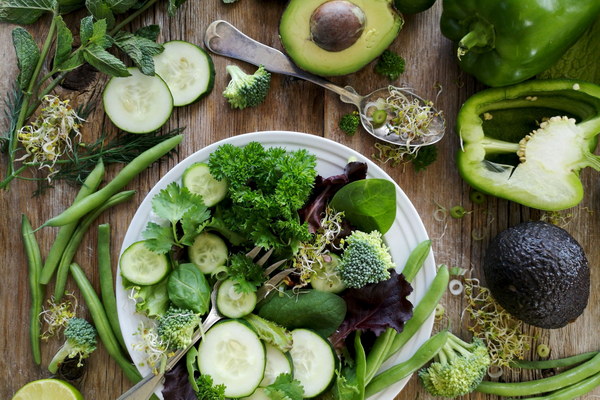Why Prenatal Supplements May Not Be Necessary in the First Trimester A Comprehensive Guide
Pregnancy is a time of joy, anticipation, and, for some, anxiety. With so much information available, it can be overwhelming to decide what's best for both the mother and the developing baby. One common question that often arises is whether pregnant women should take prenatal supplements during the first trimester. The answer may surprise you: in many cases, prenatal supplements may not be necessary during this critical period. Here's why.
Firstly, it's important to understand that the first trimester is a crucial time for the development of the fetus. During this period, the baby's organs, brain, and nervous system are forming, making it a sensitive time for potential nutrient deficiencies. However, many women already receive adequate nutrients from their diet, which may negate the need for supplements.
According to the American College of Obstetricians and Gynecologists (ACOG), a well-balanced diet can provide most of the necessary nutrients for a healthy pregnancy. Foods rich in essential nutrients such as folate, calcium, iron, and protein can be found in a variety of sources, including fruits, vegetables, whole grains, lean meats, and dairy products.

Folate is one of the most important nutrients during pregnancy, as it helps prevent neural tube defects. While prenatal supplements often contain high levels of folate, many women can obtain sufficient amounts from food sources such as leafy greens, beans, and fortified cereals. ACOG recommends that all women of childbearing age consume 400 to 800 micrograms of folic acid daily, which can be easily achieved through diet or folic acid supplements.
Calcium is another vital nutrient for pregnant women, as it supports the baby's bone development. Dairy products, fortified plant milks, and leafy greens are excellent sources of calcium. The recommended daily intake for calcium during pregnancy is 1,000 milligrams, which can typically be met through dietary sources alone.
Iron is crucial for the production of hemoglobin, which carries oxygen to the baby. Iron deficiency can lead to anemia, a condition that can cause fatigue, weakness, and other complications. While prenatal supplements often contain iron, it's important to note that excessive iron can be harmful. Good dietary sources of iron include red meat, poultry, fish, beans, and fortified cereals. The recommended daily intake of iron during pregnancy is 27 milligrams, which is easily attainable through food.
Protein is essential for the growth and development of the baby. Poultry, fish, lean meats, eggs, legumes, and dairy products are all excellent sources of protein. The recommended daily intake of protein during pregnancy is 71 grams, which can be met without the need for supplements.
While prenatal supplements may not be necessary during the first trimester, it's crucial for pregnant women to consult with their healthcare providers before making any changes to their diet or supplement regimen. Certain individual factors, such as a history of nutrient deficiencies, may warrant the use of supplements.
Additionally, it's important to note that prenatal supplements are formulated to provide a balanced mix of nutrients, ensuring that no single nutrient is in excess. Some women may benefit from a multivitamin or specific supplements during the first trimester, but this should always be discussed with a healthcare provider.
In conclusion, while prenatal supplements can be beneficial for some pregnant women, they may not be necessary during the first trimester for most. A well-balanced diet rich in essential nutrients can provide the necessary support for a healthy pregnancy. Always consult with your healthcare provider to determine the best course of action for your individual needs.









